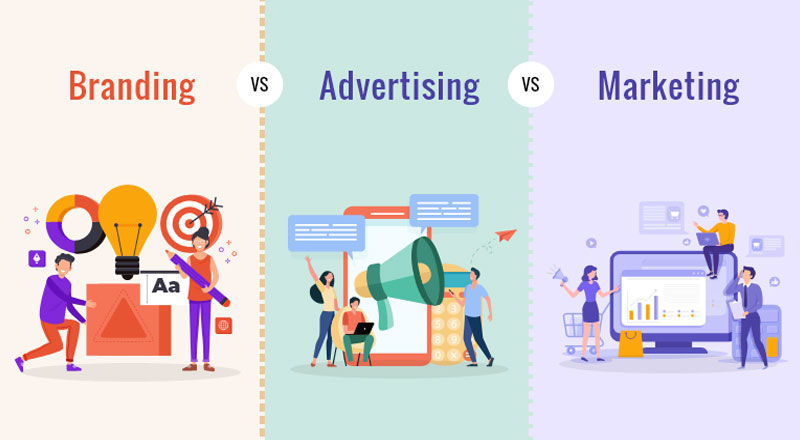It seems the Internet-based companies are passing through a difficult patch of time. How does one explain such trajectories of uncertainties? A few months back or so, they were doing pretty well. Every other day, there were takeovers, mergers, new ventures, expansions, exalted profits, massive recruitment drives, commitments to work for the society et al. Now what we hear is only about data theft, investigations, deposition before various committees, admissions of omissions and commissions and even passing on the bucks.
I tried to reflect what could be the reasons for such a drastic change in the fortunes of these companies all of a sudden. I remember of one economist called Rostov, who propounded the theory of stages of growth. His hypothesis is that an economy would pass through five trajectories of growth. They are traditional economy characterized by subsistence farming, low- growth stage, precondition for takeoff, takeoff, and age of mass consumption. Each stage has its own special characteristics.
The flip side of his growth theory is that there is no static stage for the economy, which tries to move from one stage to the other. Once it reaches the ultimate stage of mass consumption, it can slip back to the traditional stage. Of course, on the applicability of the Rostov’s stages of growth in the present world, I really do not know how it will be applied to the digital world, where companies are always in a growing mode. But recent developments of data theft, reported loss of business by IT giants, erosion in their credibility, etc are pointers, that it may have an indirect or symbolic application in the Internet-based companies also.
That is what, I believe, is happening to the industry players like Facebook, Google, Twitter, Instagram. All of them are on the defensive for one reason or the other. After a period of quick profit, size, name, fame and influence, now the landscape is changing. These companies, particularly Facebook, have to defend against a plethora of allegations levelled against them. That way, there is an emotional sync with what Rostov had propagated. Economy including net- based economy, will have to undergo the stages of growth in one way or the other.
One good thing in the entire drama unfolding is the global debate on the future of technology, particularly on Artificial Intelligence (AI), which is now the frontier of all technologies. Techies are polarized: one supporting AI and others holding a diametrically opposite view. Let us take two prominent techies, who are crossing swords in the ongoing debate. One is now Mark Zuckerberg, who has nursed fledgling Facebook into a multibillion enterprise and the other Silicon Valley billionaire Elon Musk. Musk, for the uninitiated, has created SpaceX and Tesla. Zuckerberg is propagating AI to the masses and advocates how it can bring people together and how fast people can communicate. Musk, however, is the person who in the highest decibel started warning people about the ill effect of AI and foretells how destructive it could be when machines become super-intelligent than men.
Is there any widespread fear among techies about the future of AI? I feel there is a strong feeling among them about the pernicious effect of AI. Otherwise, why 4,000 Google techies raised their voice against the company’s contract with NASA for developing more weapons and ammunitions fitted with AI. They wanted Google to come out of the project on ethical grounds, and the company had to succumb to their demand. Once the present project gets over, Google has decided not to renew the contract with NASA for developing weapons of mass destruction which are fitted with Artificial Intelligence.
Not to be left far behind, China has made it clear that it is going to develop technologies that can operate on AI, particularly weapons. There are elite labs, according to reports, in China that are working exclusively on these projects and they share the optimism that it would emerge as the most powerful country in the application of AI. We all know that China means business.
Can we keep technology neutral from ethics or completely shut off from the normative side? The essence of the debate between Zuckerberg and Musk hinges on this conundrum. I am sure this is not the last and final debate on that. This debate will continue in the times to come and, more often, it will elude a resolution. It means that there are people who hold the diametric opposite views. That will balance the approach of policy makers. That perhaps is the difference between a democratic regime and not-so-democratic ones. For instance, Google employees have shown the red flag to the company’s approach to help NASA’s research project on AI. The pertinent point is whether the employees of Chinese technology company ZTE’s have the guts to say no to their management for undertaking such projects, which they feel may not be in the right interest of the mankind.





